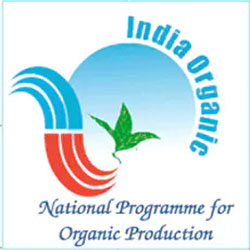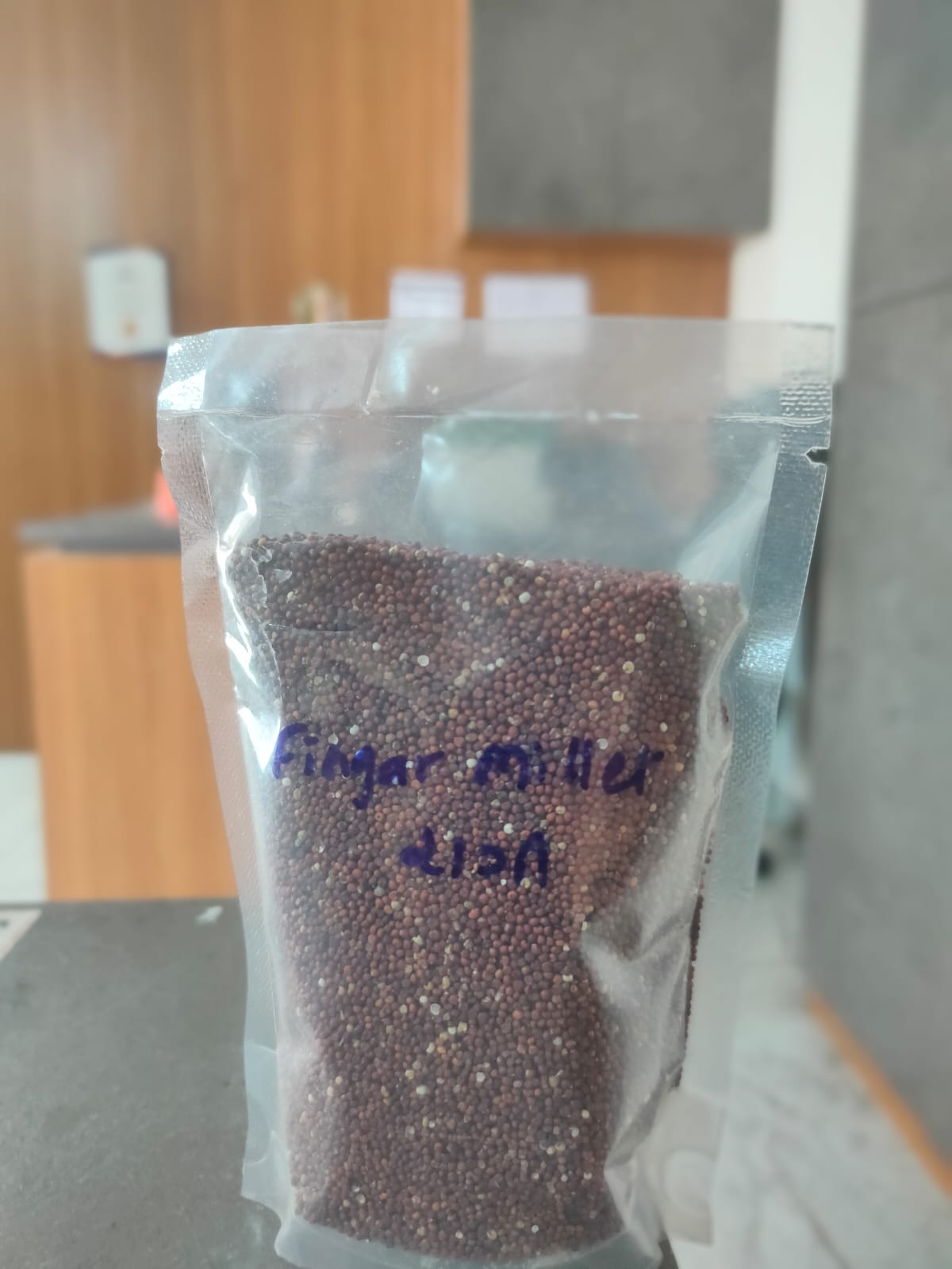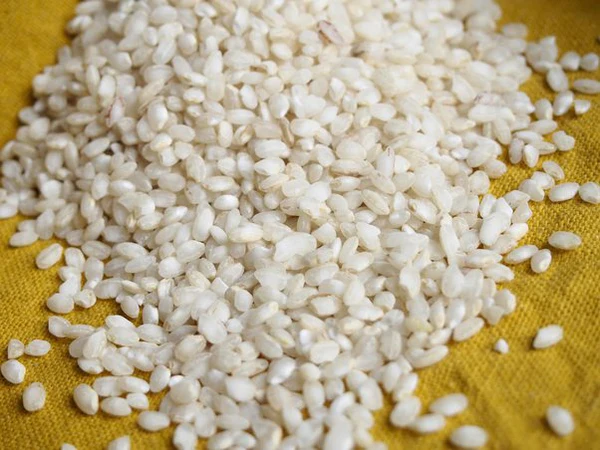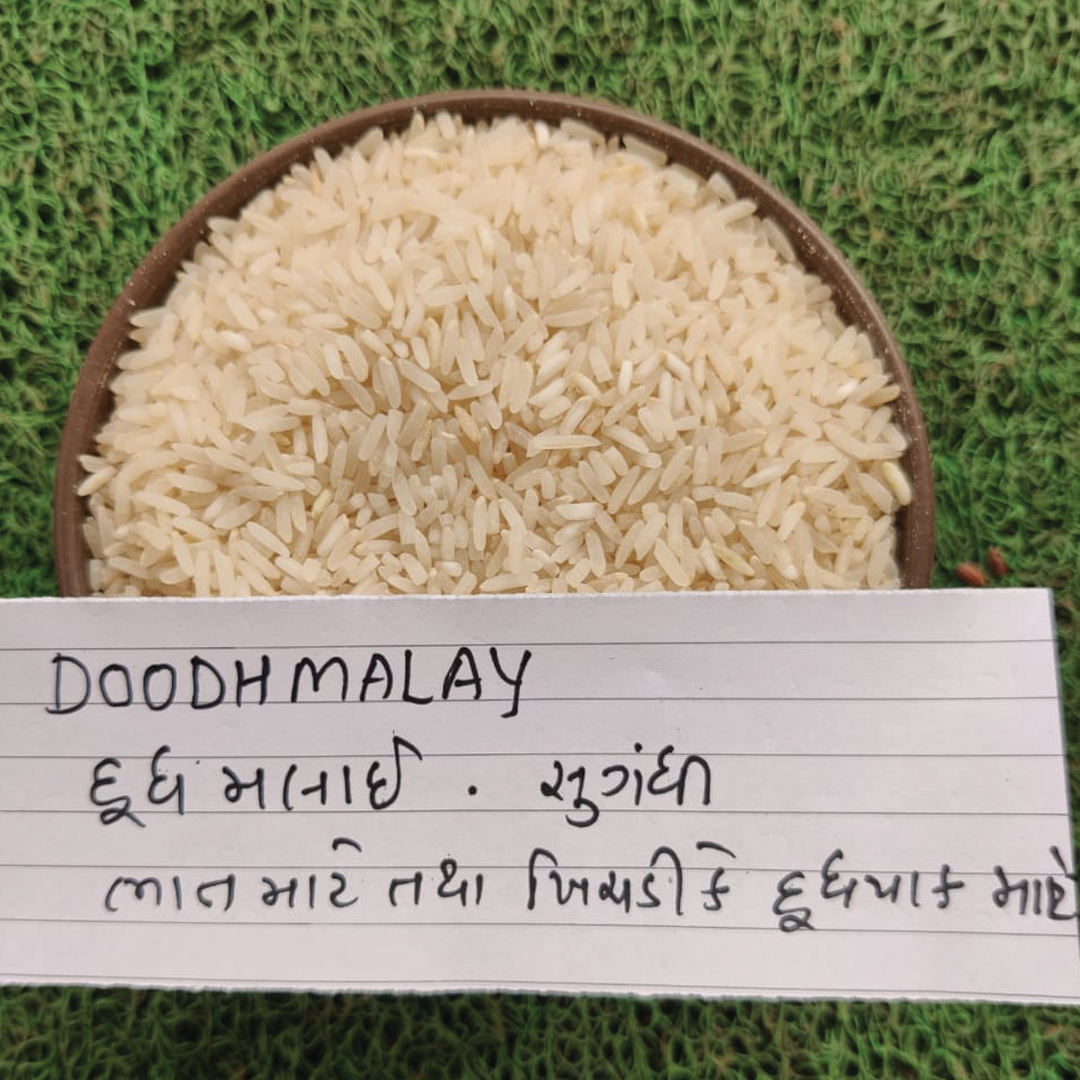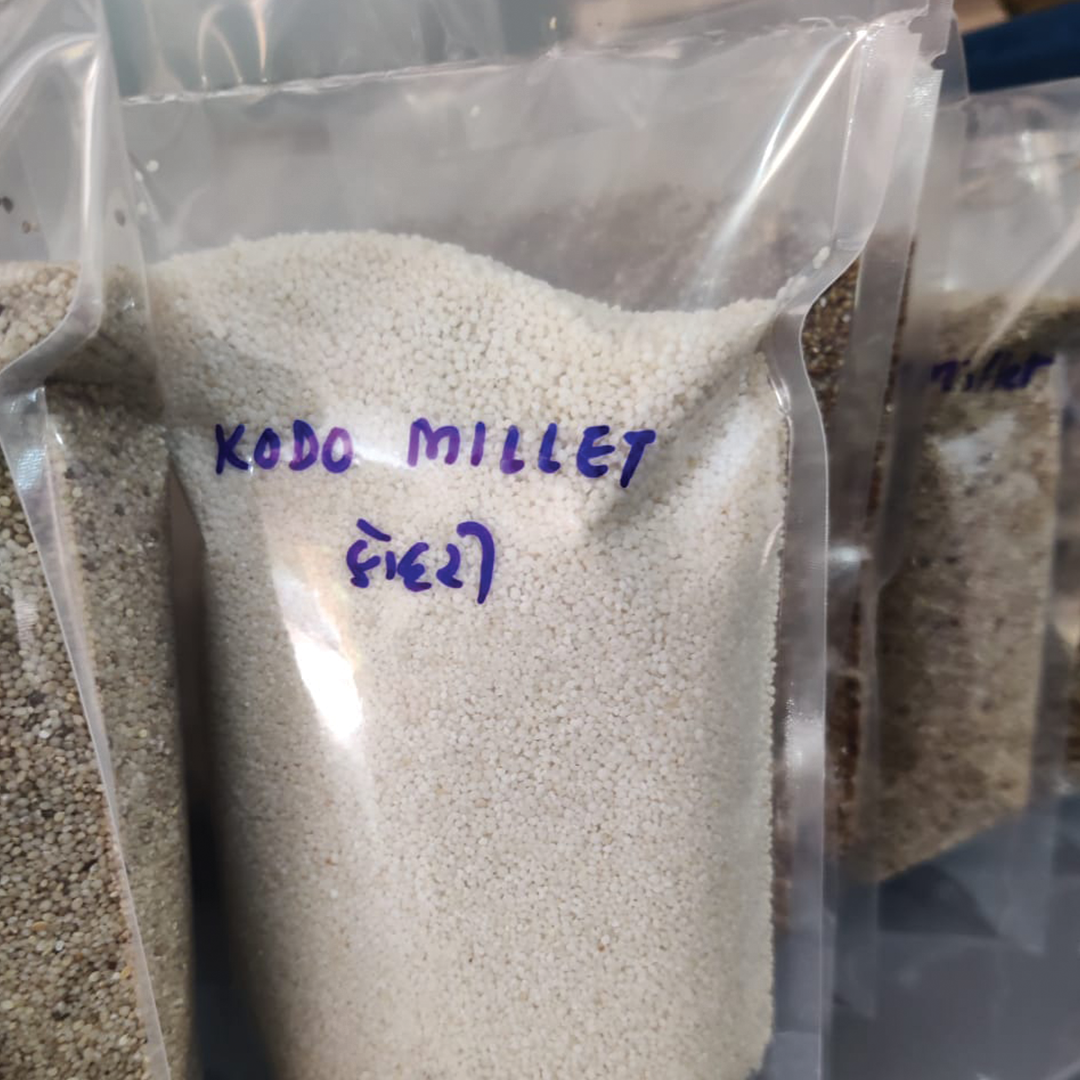
Sanket Organic Farm
Kishor Gavit
Dang, Gujarat, IndiaAbout Farm
Organic millet cultivation refers to the practice of growing millet crops using holistic production management systems that prioritize the health and sustainability of the agro-ecosystem. This approach emphasizes various aspects of agricultural management that promote biodiversity, maintain biological cycles, and enhance soil biological activity.
Key principles of organic millet cultivation may include:
-
Biodiversity Promotion: Organic practices often involve crop rotation, intercropping, and the preservation of natural habitats to support diverse ecosystems. This helps in maintaining a balanced ecosystem, reducing pest pressure, and enhancing resilience to environmental stresses.
-
Biological Cycles: Organic farming seeks to optimize nutrient cycles by utilizing organic inputs such as compost, green manure, and crop residues. These practices help to improve soil fertility, minimize external inputs, and reduce environmental pollution.
-
Soil Health: Organic millet cultivation prioritizes soil health through practices like minimal tillage, cover cropping, and the use of organic amendments. Healthy soils support robust root systems, improve water retention, and contribute to the overall resilience of the agro-ecosystem.
-
Natural Pest and Disease Management: Organic farming encourages the use of natural pest control methods such as beneficial insects, crop diversity, and physical barriers. This reduces reliance on synthetic pesticides and fosters a balanced ecosystem where pests and their natural predators can coexist.
-
Avoidance of Synthetic Inputs: Organic millet cultivation prohibits the use of synthetic fertilizers, pesticides, genetically modified organisms (GMOs), and other artificial inputs. Instead, organic farmers rely on natural and sustainable practices to maintain soil fertility and manage pests and diseases.
-
Certification and Standards: Organic millet cultivation often adheres to certification standards established by regulatory bodies or organic farming associations. These standards ensure compliance with organic principles and provide assurance to consumers regarding the production methods used.
Overall, organic millet cultivation embodies a holistic approach to agriculture that seeks to harmonize human activities with natural ecosystems, promoting sustainability, biodiversity, and long-term environmental health.
Basic Information
| Language | hindi |
|---|---|
| Farming Method | organic |

